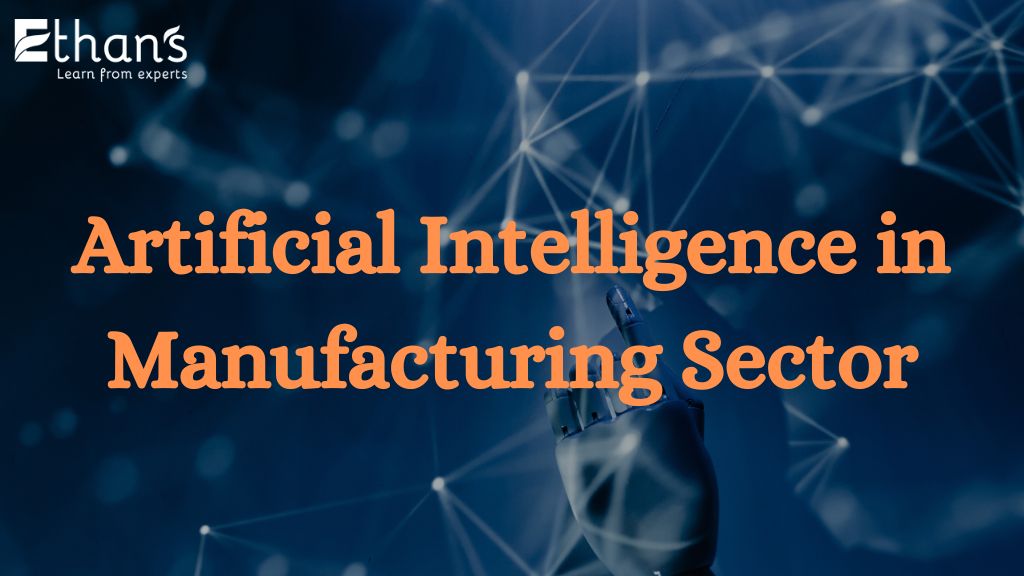In recent years, rapid advancements in Artificial Intelligence (AI) have had a profound impact on various industries, and manufacturing is no exception. AI technologies are revolutionizing traditional manufacturing processes, improving efficiency, accuracy, and productivity. From predictive maintenance to autonomous robots, AI is transforming the way manufacturing industries operate. In this article, we will explore the significant ways in which AI is influencing the manufacturing industries.
AI Influencing Manufacturing Sector
The manufacturing sector is experiencing a technological revolution, driven by AI advancements. AI refers to the simulation of human intelligence in machines that are programmed to think, learn, and make decisions. By leveraging AI technologies, manufacturing industries are witnessing significant improvements in their processes, resulting in increased efficiency, reduced costs, and improved customer satisfaction.
Enhancing Automation and Robotics
One of the primary areas where AI is making a substantial impact in manufacturing is automation. AI-powered robots and machines can perform repetitive tasks with high precision and efficiency, leading to increased productivity. These intelligent machines are capable of learning from their environment, adapting to changing conditions, and making autonomous decisions. By automating mundane and repetitive tasks, AI allows human workers to focus on more complex and creative aspects of manufacturing processes.
Predictive Maintenance and Quality Control
AI has transformed the way maintenance and quality control are carried out in manufacturing industries. Through the integration of sensors and machine learning algorithms, AI systems can monitor equipment and identify patterns that indicate potential failures or quality issues. By analyzing vast amounts of data in real-time, AI can predict maintenance needs, allowing for proactive repairs and reducing costly downtime. Additionally, AI-powered quality control systems can identify defects with higher accuracy, ensuring that only high-quality products reach the market.
Optimizing Supply Chain Management
Efficient supply chain management is crucial for the success of manufacturing industries. Artificial Intelligence technologies are playing a vital role in optimizing supply chain operations. AI algorithms can analyze complex data sets and identify patterns to forecast demand, optimize inventory levels, and streamline logistics. By leveraging AI-powered supply chain management systems, manufacturers can reduce costs, minimize waste, and improve overall operational efficiency.
AI-powered Analytics and Insights
Data is a valuable asset in manufacturing industries, and AI enables the extraction of actionable insights from large volumes of data. AI algorithms can analyze data from various sources, such as production processes, customer feedback, and market trends, to provide valuable business intelligence. By gaining deeper insights into their operations, manufacturers can make data-driven decisions, identify areas for improvement, and enhance overall performance.
Improving Product Design and Development
AI is revolutionizing product design and development processes in the manufacturing industry. With AI-powered tools, engineers can create and optimize designs more efficiently. AI algorithms can generate design alternatives, perform simulations, and analyze performance parameters to identify the most optimal design configurations. By reducing the time and effort required for design iterations, AI accelerates the product development cycle, allowing manufacturers to bring innovative products to market faster.
Enhancing Worker Safety
Worker safety is a top priority in manufacturing industries, and AI is contributing to significant advancements in this area. AI-powered systems can monitor work environments in real-time, detecting potential safety hazards and alerting workers to take preventive measures. For example, computer vision technology combined with AI algorithms can identify unsafe practices or situations on the factory floor and notify workers or supervisors to intervene promptly. By enhancing worker safety, AI helps reduce accidents, injuries, and associated costs.
Addressing Skills Shortage and Labor Costs
Manufacturing industries often face challenges related to a shortage of skilled workers and rising labor costs. AI technologies provide solutions to address these challenges. Collaborative robots, also known as cobots, work alongside human workers, performing tasks that require precision and strength. These cobots can be easily programmed and trained, reducing the need for specialized skills. By automating certain tasks, manufacturers can optimize their workforce, increase productivity, and minimize labor costs.
Challenges and Ethical Considerations
While AI offers significant benefits to the manufacturing industries, it also presents challenges and ethical considerations. The integration of AI requires substantial investments in infrastructure, training, and data management. Ensuring data privacy and cybersecurity is crucial to protect sensitive information. Additionally, ethical considerations arise regarding job displacement due to automation and the responsible use of AI in decision-making processes. Manufacturers must address these challenges proactively to reap the full benefits of AI while upholding ethical standards.
Conclusion
AI is reshaping the manufacturing industries by bringing automation, predictive capabilities, optimization, and safety improvements. From enhancing automation and robotics to optimizing supply chain management and improving product design, AI technologies are revolutionizing traditional manufacturing processes. While challenges exist, the potential benefits of AI adoption in manufacturing are substantial. Manufacturers who embrace AI and leverage its capabilities stand to gain a competitive edge in the ever-evolving landscape of the manufacturing industry.





